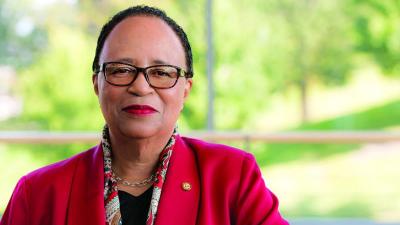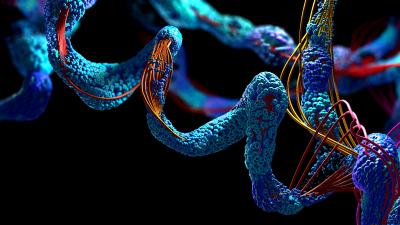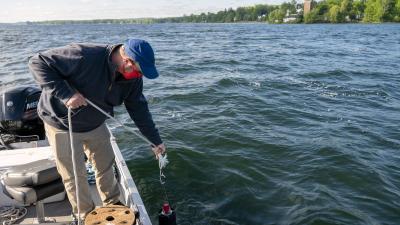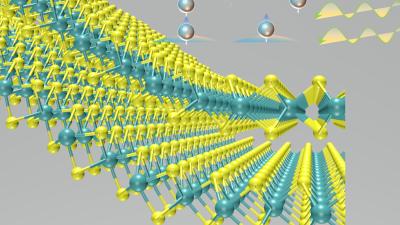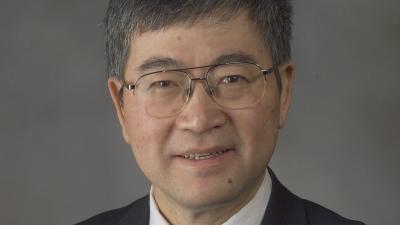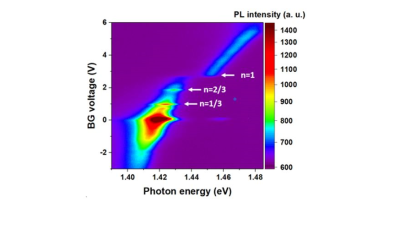Rensselaer President Shirley Ann Jackson To Step Down in 2022, Concluding Historic Tenure
More than two decades ago, Dr. Shirley Ann Jackson became the first African American woman to lead a top-ranked research university when she was named the 18th President of Rensselaer Polytechnic Institute. Today, President Jackson announced to the Rensselaer community that she intends to step down from her historic post in 2022.
